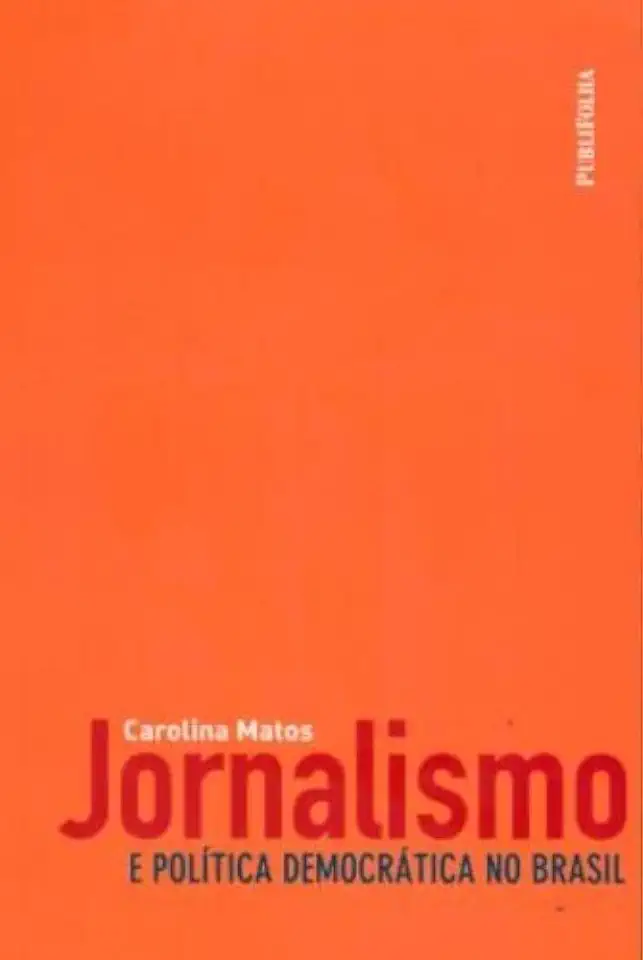
Journalism and Democratic Politics in Brazil - Carolina Matos
Journalism and Democratic Politics in Brazil: A Critical Analysis
Introduction
In her book, "Journalism and Democratic Politics in Brazil," Carolina Matos offers a comprehensive and insightful analysis of the relationship between journalism and democratic politics in Brazil. Drawing on extensive research and interviews with journalists, politicians, and media scholars, Matos argues that the Brazilian media landscape is highly polarized and that this polarization has a significant impact on the country's democratic institutions.
The Brazilian Media Landscape
The Brazilian media landscape is highly concentrated, with a few large media conglomerates controlling the majority of the market. This concentration of ownership has led to a lack of diversity in media content and a tendency for the media to favor the interests of the wealthy and powerful. In addition, the Brazilian media is often highly partisan, with many outlets openly supporting one political party or another. This partisanship has further contributed to the polarization of the Brazilian public.
The Impact of Media Polarization on Democratic Politics
The polarization of the Brazilian media has had a significant impact on the country's democratic politics. First, it has made it more difficult for citizens to get accurate and unbiased information about political issues. This has led to a decline in trust in the media and an increase in political cynicism. Second, the polarization of the media has made it more difficult for politicians to build consensus and compromise. This has led to gridlock in the Brazilian Congress and a decline in the quality of public policy. Third, the polarization of the media has contributed to the rise of populism in Brazil. Populist politicians have been able to exploit the divisions in Brazilian society and use the media to their advantage.
Conclusion
Carolina Matos' book, "Journalism and Democratic Politics in Brazil," is a valuable contribution to the study of media and politics in Brazil. Matos provides a comprehensive and insightful analysis of the relationship between the two and argues that the polarization of the Brazilian media has had a significant impact on the country's democratic institutions. This book is essential reading for anyone interested in understanding the challenges facing democracy in Brazil.
Why You Should Buy This Book
If you are interested in the relationship between media and politics, or if you are simply interested in learning more about Brazil, then I highly recommend that you buy this book. Carolina Matos has written a comprehensive and insightful analysis of the Brazilian media landscape and its impact on democratic politics. This book is essential reading for anyone who wants to understand the challenges facing democracy in Brazil.
Here are a few more reasons why you should buy this book:
- It is well-written and engaging. Matos does an excellent job of presenting her research in a clear and concise manner.
- It is based on extensive research. Matos interviewed dozens of journalists, politicians, and media scholars in order to get a well-rounded understanding of the Brazilian media landscape.
- It is timely. The polarization of the Brazilian media is a major issue facing the country today. This book provides a much-needed analysis of this issue and its implications for democratic politics.
If you are interested in learning more about Brazil, or if you are simply interested in the relationship between media and politics, then I highly recommend that you buy this book.
Enjoyed the summary? Discover all the details and take your reading to the next level — [click here to view the book on Amazon!]